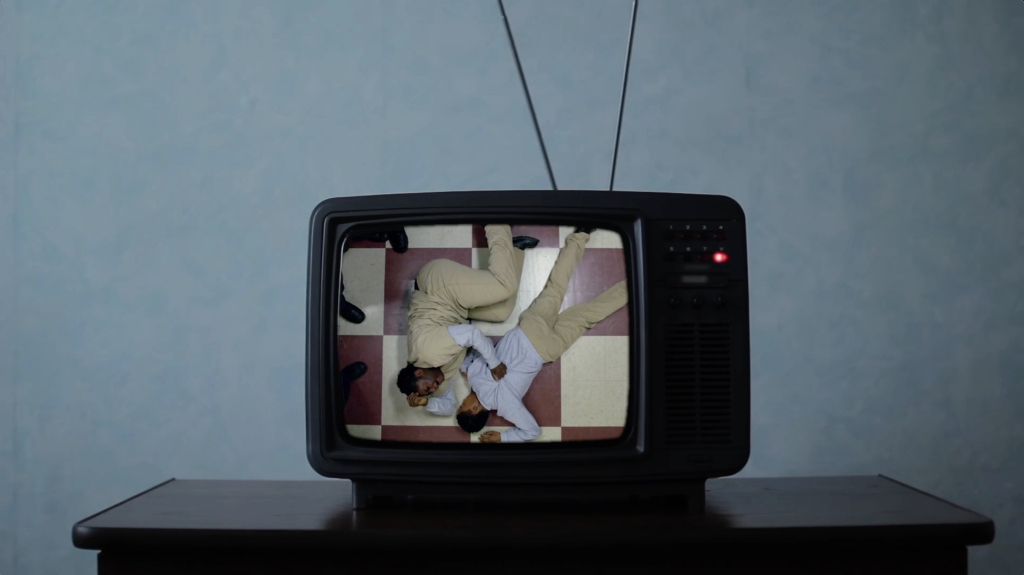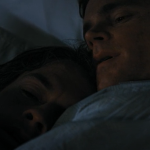“Love Me Bait Me Review:” An Essential Examination of the History of Queer Representation

The soon-to-be-released documentary Love Me Bait Me offers a holistic examination of the past, present, and future of LGBTQIA+ representation.
The history of queer representation is fraught with censorship and harmful tropes, as well as some celebratory milestones. Documentary Love Me Bait Me, directed by Rachel van der Bie, provides an engaging summary of the history of queer representation and the necessity of well-done intersectional representation. I had the opportunity to view this documentary at a private screening at TGI Femslash, an annual convention devoted to the celebration of canon and non-canon femslash pairings.
While the documentary was initially inspired by the community’s reaction to the death of Lexa, a lesbian character from The 100 that sparked a movement around pushing for an end to the “Bury Your Gays” trope and for more positive LGBTQIA+ representation, the documentary also examines the events leading up to that moment and looks forward to the future of representation to provide a full picture of the moment.
Anyone who knows anything about the history of representation has likely already heard of the Hays Code, a draconian set of rules that dictated what could and couldn’t be shown on film. Though this documentary covers this culture-shifting censorship of queer representation on film, it also shows what Hollywood was like pre-censorship, with a surprising number of clips that featured queer content as well as strong roles for women and people of color.
While other documentaries have covered the history of representation, most notably the classic documentary The Celluloid Closet, Love Me Bait Me makes sure to expand its scope to include the intersectionality of representation, particularly involving race and disability. The documentary features interviews from multiple members of the LGBTQIA+ community discussing a variety of issues and providing valuable insight.

Another thing that sets Love Me Bait Me apart from similar documentaries is an examination of issues involving fan engagement. While the documentary highlights the fan movement that came out of Lexa’s death, this documentary also was the first that I’ve seen that also discusses the issue of queerbaiting and its negative effects.
Love Me Bait Me doesn’t shy away from the bleak reality of modern representation, specifically with the consolidation of power in the industry, the lack of diversity among executives, and the massive amounts of cancellations of short-lived series. However, the documentary provides a hopeful outlook on the potential future of representation, particularly involving independent filmmakers making their own content and telling a variety of diverse and authentic stories.
Love Me Bait Me was inspired by the death of Lexa, but the finished product evolved into a holistic examination of intersectional representation. The focus on intersectionality and fan engagement provides another necessary angle to the discussion of queer representation, making it an essential addition to the already existing documentaries focusing on queer representation.
The team behind ‘Love Me Bait Me’ is in the process of putting together a newsletter to share regular updates about the film. Until then, to find out more about film screenings near you, you can follow their Instagram or visit their website.
Author: Jessica Wolff
Jessica Wolff is a graduate of Drexel University with a BS in Film/Video. She has a passion for entertainment and representation in entertainment. She currently resides outside of Washington, DC.
Help support independent journalism. Subscribe to our Patreon.
Copyright © The Geekiary
Do not copy our content in whole to other websites. If you are reading this anywhere besides TheGeekiary.com, it has been stolen.Read our






